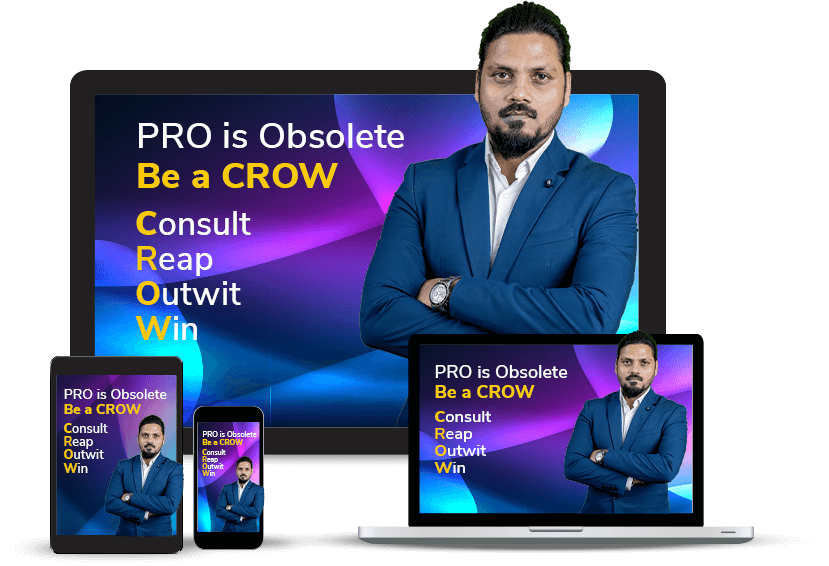
Jugaadpreneurship: Building Business With Frugal Innovation
Imagine building a thriving business with limited resources. Sounds impossible, right? But in India, countless entrepreneurs are doing just that by harnessing the power of Jugaad, the art of finding ingenious solutions with limited means or, simply put, ‘frugal innovation.’ Think of it as your own MacGyver moment for building a successful company!
The word ‘Jugaad’ can now be heard chillingly on the world stage, but its origin lies in India’s buffeting streets and brilliant minds. The very basis of Jugaad is frugal innovation—a testament to the ingenuity that thrives under constraint.
In India, resourcefulness goes far beyond a mere skill. It is a way of life—a society where everyday challenges inspire inventive solutions: fixing a broken appliance using commonplace household items.
The terms ‘Jugaadpreneurship’ and ‘frugal innovation’ together represent an extremely powerful combination of entrepreneurship and, in the neglect of many people, provide one major beacon of hope: many opportunities in India’s economic scenario.
Discovering Opportunities at the Bottom of the Pyramid
What allows a person to be most driven to find solutions? Circumstances.
The bottom of the pyramid represents a majority of the world’s population that lives on very few resources, but its aggregate economic potential is high.
Because of the relative poverty of this community, it has been observed that those in this group who have an entrepreneurial mindset are more likely to drive frugal innovation and create useful, affordable, and sustainable goods, techniques, and services.
Entrepreneurs who can tap into this segment by identifying unmet needs can unlock a treasure trove of opportunities.
Jugaadpreneurs are excellent at spotting these gaps in the market and crafting solutions that are not just cost-effective but also resonate with the lives of the people falling into this demographic.
The challenge, therefore, lies not in the unavailability of the opportunities but in the potential and approach toward such opportunities from a value-creating perspective based on frugal innovation. This is how jugaadpreneurs breathe, converting constraints into new paradigms of success.
A Set of Principles of Jugaad Innovation
At its most basic level are the ideas that empower businesses to do more with less; these are the principles of frugal innovation:
1. Simplicity
Frugal innovation emphasizes simplicity in product design, production procedures, and business strategies. By streamlining processes, businesses may reduce expenses and increase the accessibility of their goods and services to a wider range of consumers.
2. Affordability
Jugaad innovation aims to develop goods and services that are affordable to consumers from all economic backgrounds. By emphasizing cost, businesses may expand their consumer base and enter new markets.
3. Sustainability
By encouraging businesses to use resources wisely and reduce waste, frugal innovation helps to promote sustainability. In addition to supporting the environment, this also lowers expenses and boosts long-term profitability.
4. Flexibility
Jugaad innovation promotes adaptability and flexibility in business practices. This gives businesses a competitive edge by enabling them to react swiftly to shifting consumer demands and market situations.
Stripping products and processes to their bare minimum, jugaadpreneurs develop solutions that are usually ultra-cheap and hence appeal to far more people, often dramatically reducing existing marketplaces.
Moreover, the sustainability aspect of such innovations makes the solutions environmentally positive and thus more attractive to an increasingly ecologically sensitive world.
How to Apply Frugal Innovations
Strategic thinking in frugal innovation deals with the constraints strategically such that it opens up an opportunity for innovation. Let’s now understand how to apply frugal innovations:
1. Gutenberg’s way of doing market research
In many cases, jugaad entrepreneurs have followed Gutenberg’s method of conducting market research by interpreting what the end audience actually needs and developing iterative products; here, user feedback is extremely valued, and improvement is continuous.
Frugal innovation techniques prioritize understanding consumer requirements above generating any kind of solution, which is one major distinction between them and typical product development processes.
When innovators know what people need from a certain product or service offering, it is considerably simpler for them to find areas where they might decrease costs without sacrificing quality standards or end-user experience goals.
2. Using Existing technologies
Additionally, rather than depending solely on costly custom engineering projects from scratch every time something new needs to be developed, frugal innovations are frequently produced by combining existing technologies together in novel ways that may not have been previously considered.
3. Design Thinking
Design thinking can also be a friend to you on the journey towards finding the right business idea. Teams utilize the non-linear, iterative process of design thinking to understand people better, question presumptions, reframe issues, and come up with novel prototypes and testing solutions.
4. Lean Startup Methodology
The lean startup process rapidly develops goods and companies, enabling the developer of the product or business to ascertain whether their business model is feasible quickly. A company that applies the lean startup technique concentrates on creating a product and gathering input from users. This often entails introducing a minimal viable product to the market or testing it with a limited group of clients.
Such partnerships often help develop solutions that closely meet local cultural contexts and, therefore, will be more readily accepted for increased adoption and success.
Case Examples of Successful Jugaad Innovations
The jugaad innovation landscape is, however, replete with success stories of frugal ingenuity that sprinkle the hourglass with testaments about how powerful this frugal ingenuity can be.
From low-cost water filters to provide clean drinking water to low-cost health devices that save lives, from critical problems into potentially viable businesses.
Such case studies help in gaining practical insights on applying the principles of jugaad and ways in which an entrepreneur can think of making a huge impact with limited resources but relevant solutions to millions.
To summarize, Sustainability and inclusive growth are at the very heart of the frugal entrepreneurship trajectory. This trend of the emerging economies henceforth, swelling in their stride, will lead to an increased appetite for jugaad innovation businesses. Those entrepreneurs will foresee future needs and align their business ideas with the changing new frugal innovation landscape to propel this next economic transformation.



















